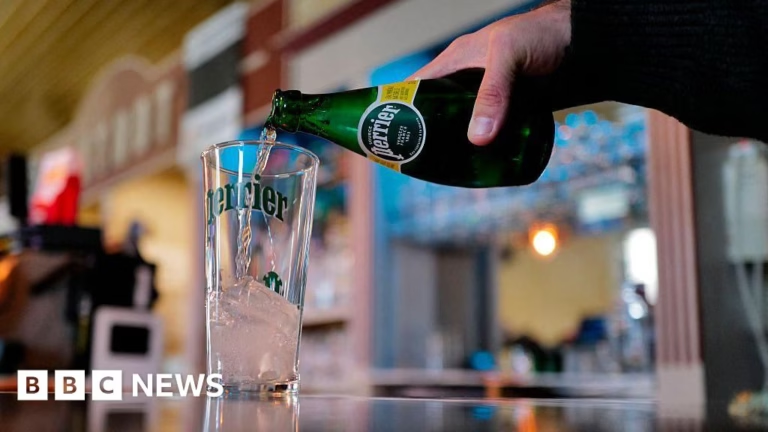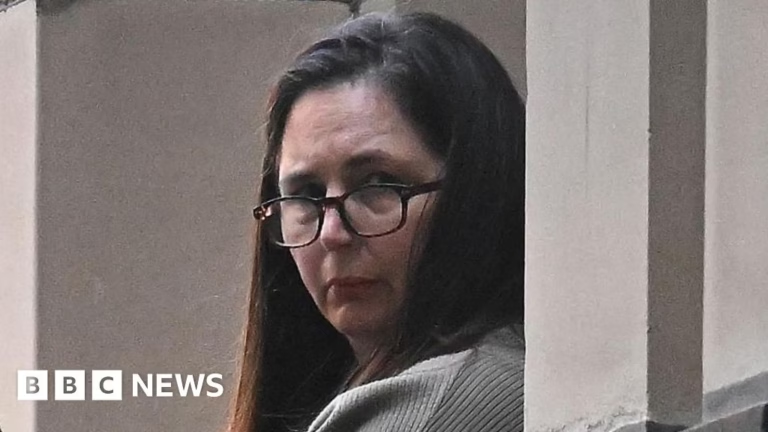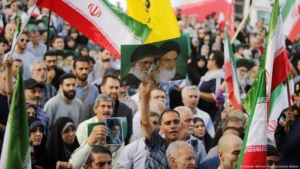.jpg.webp)
Abid Bhat
Two months after a deadly attack in Indian-administered Kashmir scared away tourists and brought India and Pakistan to the brink of war, the picturesque valley nestled in the Himalayan mountains is beginning to see the first signs of a tourism revival.
Shabana Awwal is making videos of her children as they take turns to get on a water bike for a ride on the Dal Lake, Srinagar city’s most iconic tourist spot.
Ms Awwal has travelled from the western state of Rajasthan with her husband and children in a group of 15 – all members of their extended family.
“I’ve visited Kashmir many times and seen all the major attractions such as Gulmarg, Sonmarg and Pahalgam and wanted to show all these places to my relatives,” she tells the BBC.
The Awwals had planned their 10-day trip in March. “Summer in Rajasthan is unbearably hot so we’d planned to escape to Kashmir during the children’s school vacation,” she says.
But since she planned the trip, the circumstances here have drastically changed. On 22 April, militants attacked tourists visiting a beauty spot near Pahalgam town, killing 26 men.
Tourism is the mainstay of the economy of Jammu and Kashmir, a federally-administered territory, and this unprecedented targeting of tourists sent shockwaves through India. The authorities closed down 48 tourist destinations in the valley and two-thirds of them still remain shut.
Chief Minister Omar Abdullah, who’s been lobbying hard to reopen these spots to attract visitors to the region, says “the impact of the attack was immediate and very widely felt”.
“There was a mass exodus of those tourists who were already here, and a mass cancellation of those who were proposing to come. Then India and Pakistan, for all intents and purposes, were almost at war for a couple of days in May,” Abdullah told the BBC.
“So the lasting impact has been felt both in the deterioration of relations between the two neighbouring countries and our tourism season for the year is going to be, what word do I use for it? I guess you can call it a disaster.”
).jpg.webp) Abid Bhat
Abid BhatKashmir, claimed by both India and Pakistan, has been a flashpoint for decades. The nuclear-armed South Asian neighbours have fought two wars and a limited conflict over Kashmir. For more than a quarter of a century, the region has seen an armed insurgency against Indian rule, but even at its peak, tourists were rarely targeted.
Ms Awwal said her family decided to continue with their holiday because “we weren’t really afraid” and “we thought we’ll deal with whatever came our way”.
“We are happy that we went ahead with our plans. The situation here is normal,” she says and blames the “media hype” for the impression that it’s unsafe to travel to Kashmir.
The Awwals are not alone in their optimism. Deepti and Anuj Gandhi of Jammu who made their plans just last week say “there’s no summer holiday destination better than Kashmir”.
“The children love to ride water bikes and then we’ll go boating in the lake. We come here every year, so why break the tradition now?” she says.
).jpg.webp)
Abid Bhat
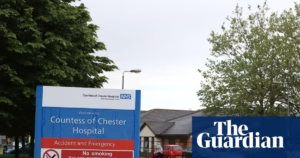

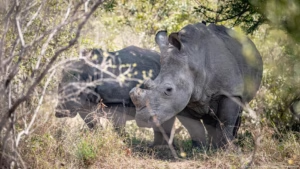
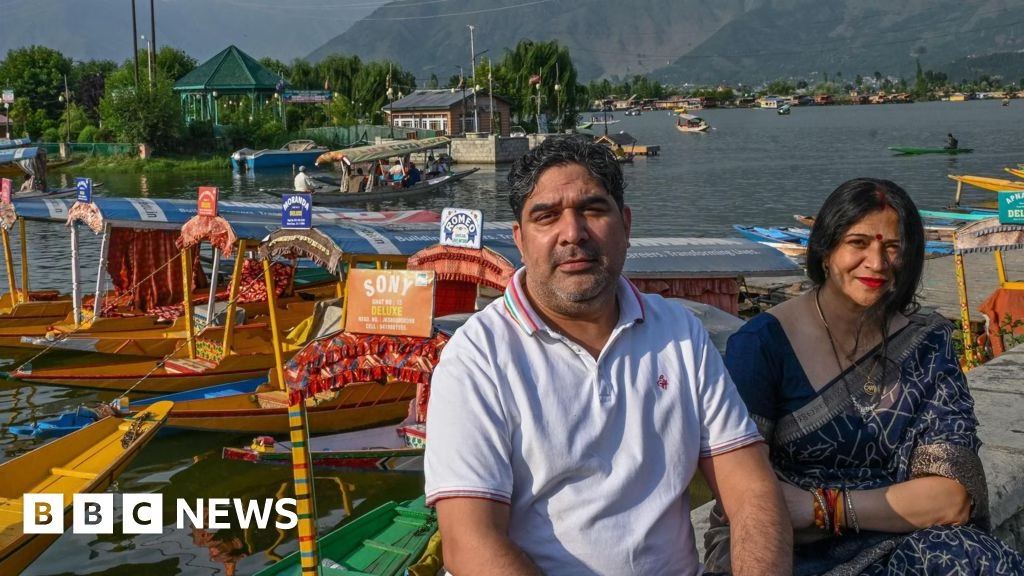

/grey-placeholder.png)
,grey-placeholder.png)
